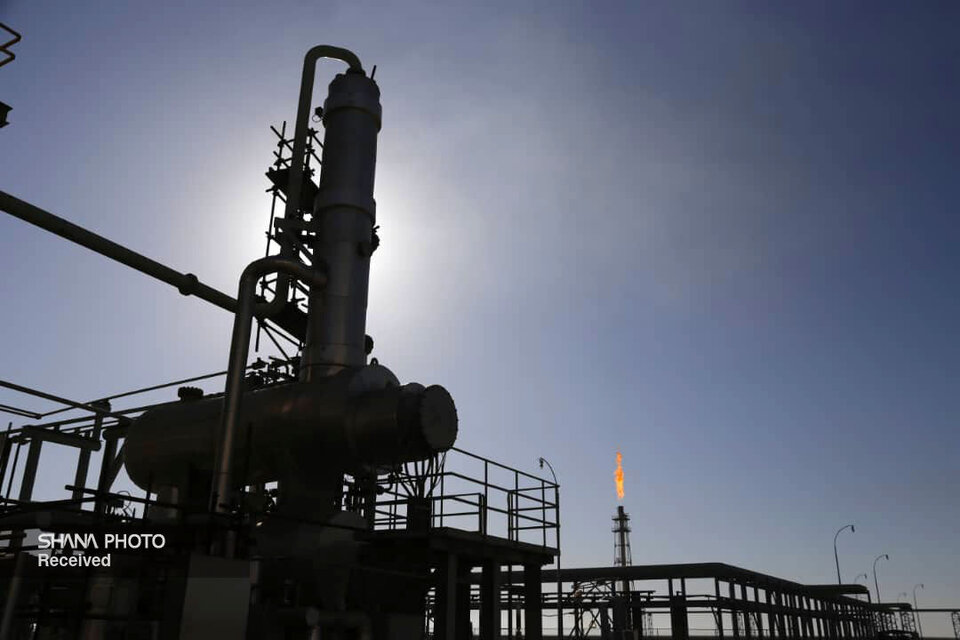Davoud Emadi stated that the petrochemical sector is leading in environmental compliance and carbon emission management through 15 active projects aimed at flare gas recovery and continuous carbon monitoring.
Emadi noted that the petrochemical industry accounts for only 8% to 9% of flaring emissions in the oil sector due to safety measures at facilities. He highlighted the industry’s efforts in flare gas collection, saying, “The petrochemical sector has invested around $5 billion in upstream flare gas recovery to supply feedstock.” Companies involved include Bid Boland Persian Gulf Gas Refining, Hoveyzeh Persian Gulf Gas Refining, Dehloran, and Maroun Petrochemical.
Detailing a multi-year plan to extinguish flares, he added that 59 flares in East Karun will be eliminated once Bid Boland Persian Gulf Gas Refining completes its gas collection project, with nine flares already extinguished. Additionally, preparations are underway for petrochemical investments to collect flares at South Pars Gas Complex in Asaluyeh to supply feedstock.
Reducing flaring by operating at full capacity
The NPC HSE director said some flaring at petrochemical plants occurs due to operations below full capacity, adding that running at maximum capacity would minimize flaring.
Emadi explained that petrochemical flare gases consist of one-third carbon dioxide, one-third hydrogen, and one-third other gases—different from upstream oil industry flares. Since these gases cannot be used as feedstock, managing them requires specialized solutions or is economically unviable due to small volumes.
He noted that a strategic plan to minimize flaring in the petrochemical industry is being finalized, with 15 active projects aligned with the plan.
50% carbon emission reduction through low-cost measures
On carbon management and international regulations, Emadi said NPC began strategic carbon management in 2020, instructing all petrochemical firms and holdings to comply. Many companies, including Persian Gulf Petrochemical Industries Holding, have launched projects since last year, and Persian Oil and Gas Holding recently started carbon and climate change initiatives.
He said the strategic carbon management plan guides companies with process improvements in three tiers, prioritizing cost-effective, high-impact solutions. The first tier includes low-cost measures that cut over 50% of emissions, the second involves costlier, time-intensive steps (30% reduction), and the third covers high-investment, low-impact projects.
Emadi stressed the petrochemical industry’s commitment to flare gas recovery and environmental protection, stating that nearly all carbon reduction obligations will be met once Bid Boland completes the East Karun gas collection project.
The NPC HSE director added that the company continuously monitors petrochemical plants’ carbon emissions, hoping the industry maintains its leadership in this field. He cited the significant impact of the sector’s 2020 strategic carbon management project on the country.


Your Comment